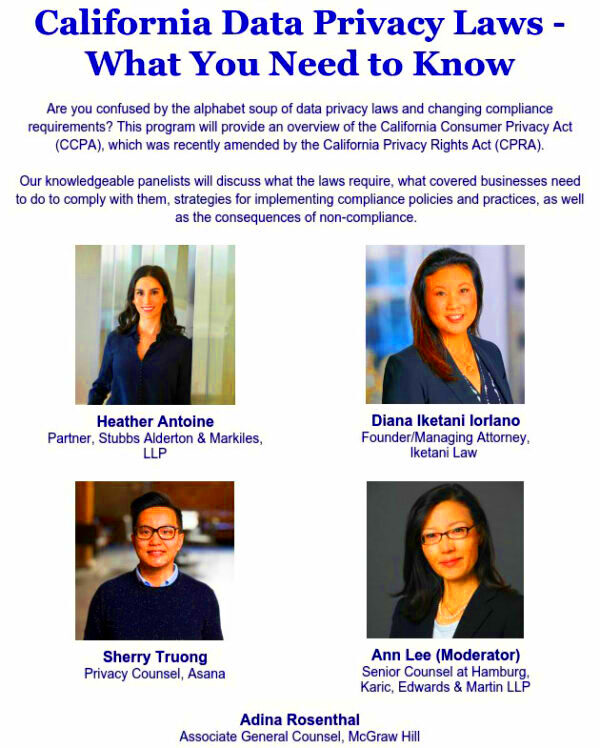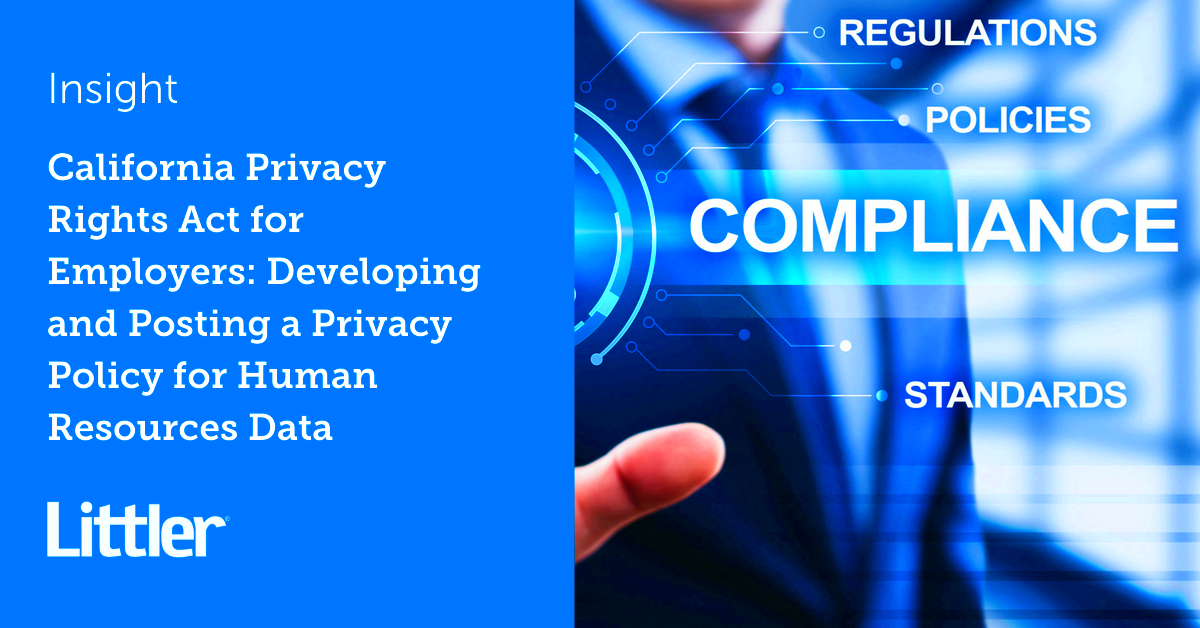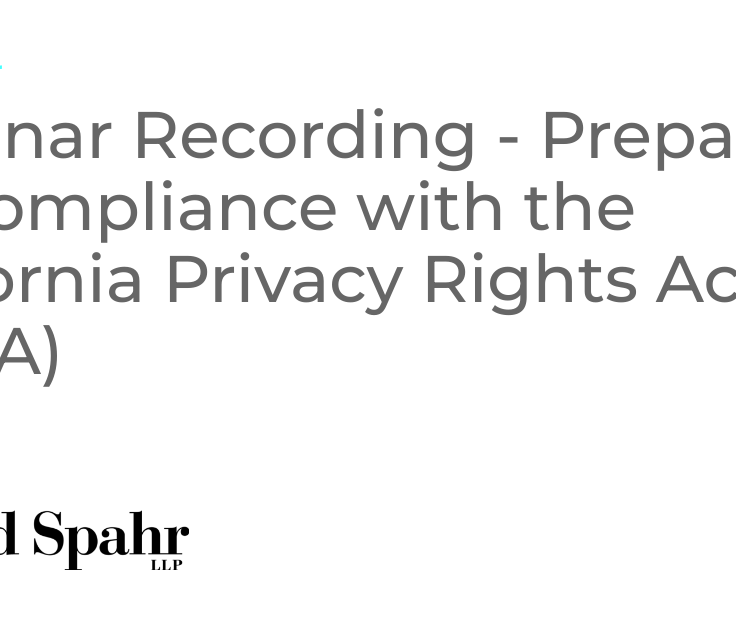California Recording Laws at Work and Employee Privacy Rights
California has strict recording laws that aim to protect the privacy of individuals. These laws primarily fall under the California Invasion of Privacy Act (CIPA). In this state, it is crucial to understand when and how recording is permissible in the workplace. The laws distinguish between different types of recordings, whether they occur in person or through electronic means. For both employers and employees, knowing these regulations is vital to ensure compliance and safeguard privacy rights.
Types of Recordings Allowed in the Workplace

In California, the types of recordings allowed in the workplace can vary based on circumstances. Here are the main categories:
- Audio Recordings: These require consent from all parties involved unless it’s a public setting where no expectation of privacy exists.
- Video Recordings: Employers can use video surveillance in common areas, but not in places where employees have a reasonable expectation of privacy, like restrooms or break rooms.
- Electronic Communications: Emails and other electronic communications can generally be monitored by employers as long as they inform employees of this practice.
Understanding these types is essential for both employers and employees to navigate the complexities of workplace recordings properly.
Consent Requirements for Recording Conversations

California law requires all-party consent for recording private conversations. This means that if you plan to record a conversation, you must inform and obtain consent from everyone involved. Here’s a quick breakdown:
| Type of Conversation | Consent Required |
|---|---|
| Private Conversations | All-party consent needed |
| Public Conversations | No consent required |
| Workplace Monitoring | Inform employees about monitoring |
It’s essential for employees to know their rights regarding recordings, and for employers to ensure they are following the law to avoid potential legal issues.
Employee Privacy Rights in California

In California, employee privacy rights are taken very seriously. The state recognizes that individuals have a right to privacy, even within the workplace. This means that employees are protected from unauthorized monitoring and recordings. Understanding these rights is essential for fostering a respectful work environment where everyone feels safe. Employees should know what is considered private and what they can expect from their employers regarding privacy.
Here are key aspects of employee privacy rights in California:
- Expectation of Privacy: Employees have a reasonable expectation of privacy in areas such as restrooms, locker rooms, and personal offices.
- Personal Communication: Private conversations, whether in person or over the phone, require consent for recording.
- Monitoring Policies: Employers must inform employees about any monitoring practices, such as email or phone monitoring.
Being aware of these rights can empower employees to speak up if they feel their privacy is being compromised.
Employer Obligations Regarding Recordings
Employers have specific obligations when it comes to recording conversations and monitoring employees. It’s essential for them to understand and comply with these laws to maintain a lawful workplace. Here are the key obligations employers must meet:
- Obtain Consent: Employers must ensure they have consent from all parties before recording private conversations.
- Provide Notice: Employers should clearly communicate their monitoring policies to employees, ideally in an employee handbook or policy document.
- Respect Privacy Areas: Employers must not install recording devices in private areas where employees have an expectation of privacy.
By following these obligations, employers can build trust with their employees while minimizing legal risks.
Consequences of Violating Recording Laws
Violating California’s recording laws can lead to significant consequences for both employers and employees. Understanding these repercussions can help ensure compliance and promote a respectful workplace culture. Here’s what can happen:
- Legal Penalties: Employers who violate recording laws can face lawsuits, which may result in costly legal fees and settlements.
- Employee Claims: Employees can file claims for invasion of privacy, leading to financial consequences for employers.
- Reputational Damage: Violating privacy laws can harm an employer’s reputation, affecting employee morale and retention.
It’s crucial for both employees and employers to be aware of these potential consequences. By adhering to the laws, everyone can help create a more secure and respectful work environment.
Best Practices for Employers and Employees
Creating a workplace where everyone feels respected and safe is crucial. Both employers and employees play a role in ensuring compliance with California’s recording laws and protecting privacy rights. Adopting best practices can lead to a healthier work environment. Here are some effective strategies:
- Clear Communication: Employers should communicate their recording policies clearly and regularly. This ensures that employees understand what is monitored and why.
- Obtain Consent: Always get consent from all parties before recording any private conversations. This builds trust and helps avoid legal issues.
- Provide Training: Conduct training sessions for both employers and employees about privacy rights and recording laws. This ensures everyone is on the same page.
- Maintain Transparency: Being transparent about monitoring practices can enhance employee morale and trust in the organization.
By implementing these best practices, both employers and employees can foster a respectful and compliant workplace.
Resources for Further Information
Staying informed about recording laws and employee privacy rights is essential for everyone in the workplace. Here are some reliable resources where you can find more detailed information:
- California Department of Fair Employment and Housing (DFEH): Offers guidance on employee rights and workplace privacy.
- California Invasion of Privacy Act (CIPA): The official text provides detailed insights into the laws surrounding recording conversations.
- Legal Aid Organizations: Many nonprofit organizations provide free legal advice regarding employee rights and privacy issues.
- Human Resources Associations: Professional organizations often host seminars and provide resources on best practices for workplace privacy.
Using these resources can help both employers and employees stay up-to-date and informed about their rights and responsibilities.
FAQs
Many questions arise regarding California’s recording laws and employee privacy rights. Here are some frequently asked questions that can help clarify common concerns:
- Can an employer record employees without consent?
In California, employers must obtain consent from all parties before recording private conversations. - What areas are considered private?
Private areas include restrooms, locker rooms, and personal offices where employees have a reasonable expectation of privacy. - What should I do if I believe my privacy has been violated?
If you feel your privacy rights have been breached, you should document the incident and consider consulting with a legal professional. - Are there exceptions to the consent requirement?
Yes, public conversations generally do not require consent. However, it’s best to err on the side of caution.
These FAQs address common concerns and can guide both employees and employers in understanding their rights and responsibilities regarding recording laws.
Conclusion
Understanding California’s recording laws and employee privacy rights is crucial for creating a respectful and compliant workplace. Both employers and employees must be aware of their rights and responsibilities regarding recordings to foster trust and maintain a positive work environment. By adhering to best practices, such as obtaining consent and communicating openly, organizations can minimize legal risks and protect individual privacy. Staying informed through reliable resources can further empower both parties to navigate the complexities of workplace recording laws. Ultimately, respecting privacy not only benefits legal compliance but also enhances workplace morale and productivity.


